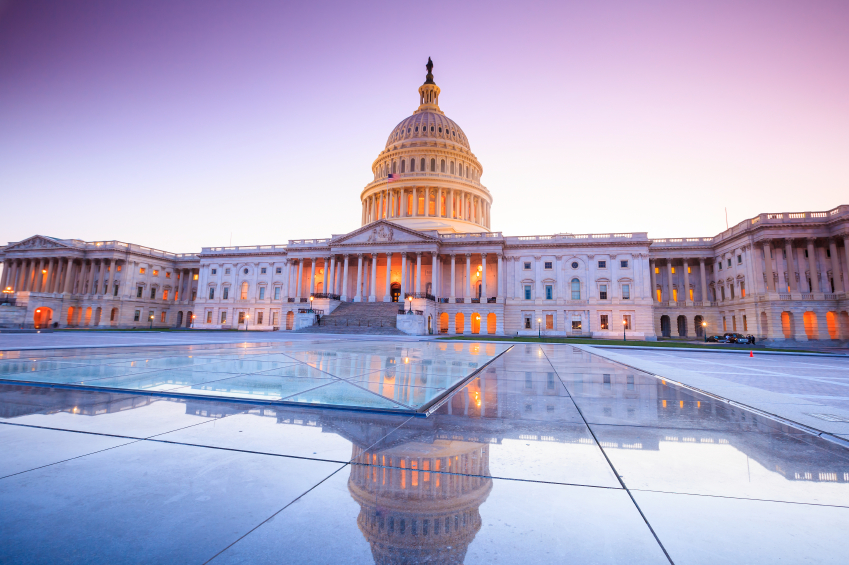Performance of American Elections
- Home
- Supportive Academic Research
- Performance of American Elections
According to the Survey of the Performance of American Election (SPAE), the first and only comprehensive study of the voter experience from the perspective of the voter, 2.1% of all voters experience significant problems while voting (problems that would have prevented them from voting). These theoretical problems include long wait times, hard-to-find locations, registration issues (slightly higher at 2.5%), or technical difficulties.
If those 2.1-2.5% of people were able to have their vote reliably counted, the landscape of political America could be vastly different. One might question the importance of such a small percentage, but 2.1% of all registered voters (according to the U.S. Census Bureau) is 2,754,024 people. That is 2,754,024 people whose vote may not have been counted as planned.
It is worth noting that, according to the survey, voter confidence is surprisingly low. Only 72% of respondents said they were very confident that their vote had been read and counted as intended. A full 4.1% responded with “not too confident” or “not at all confident.” Higher confidence and security would encourage more people to vote.
In the 2014 midterm elections, five senate elections were decided with 3.2% or less.
In Alaska: D. Sullivan-48.8% vs. M. Begich-45.6%
In Colorado: C. Gardner-48.5% vs. M. Udall-46.0%
In New Hampshire: J. Shaheen-51.6% vs. S. Brown-48.4%
In North Carolina: T. Tillis-49.0% vs. K. Hagan-47.3%
In Virginia: M. Warner-49.2% vs. E. Gillespie-48.4%
As of the 2014 election, the Republicans hold the majority in the Senate by three seats. If the above elections had been completely unaffected by aforementioned voter issues, the results may have been quite different, drastically changing the current political landscape.
The phenomenon of close elections is not new. In 2000, Washington Senator Maria Cantwell won her state by .1%. In 2004, Florida congressman Vern Buchanan won by only .2%. Even more dramatically, that same year Connecticut congressman won by only .04%. The Virginia Attorney General election of 2005 was won by 323 votes. Republican Bob Mcdonnell won with a margin of victory of 0.01662%. In the 2000 Washington Senatorial election, Democrat Maria Cantwell won by .1%.
In a country with a government for and by the people, every voter should be able to vote and know that their vote makes a difference. When elections are as close as those five above, the individuals and their choices matter. If there are even 2% of people who aren’t able to make their voice heard, then there is a failure in the system that is not serving the American people as it should.


